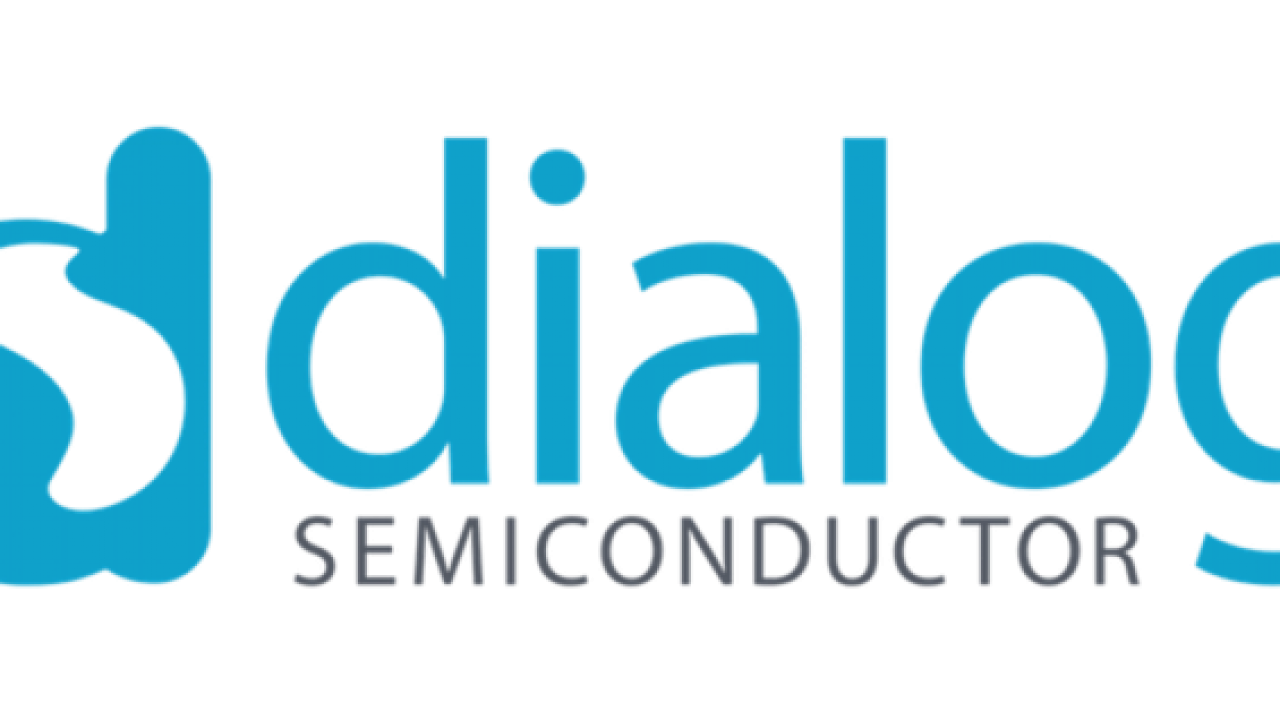Apple Purchases Dialog’s PMIC Business
Article By : Nitin Dahad, EE Times

$600 million deal split into two major parts
LONDON — Apple will acquire the majority of U.K.-based chipmaker Dialog Semiconductor’s power management IC business for a total of $600 million, including $300 million for 300 Dialog engineers already focused on Apple chip development — plus assets — and a $300 million prepayment for Dialog products to be delivered over the next three years.
Announced as a partnership and technology licensing agreement, Dialog will have guaranteed contracts for products over the three-year deal. Its 2018 revenue from Apple for PMICs is expected to be $875 million but will start declining from the second half of 2019 and be phased out by 2022.
Dialog says that it expects no new revenue contribution from main PMICs for 2019 iPhone models and for the 2020 iPad or Watch models. Beyond this period, Dialog expects to continue to work with Apple to deliver sub-PMIC products, but that will be a much smaller proportion of its business.
The transaction is expected to close by the end of the first half of 2019, said Dialog. The company currently employs 2,100 people, so it will lose 16% of its workforce once the deal is done. At that point, Dialog expects to reduce operating expenses by about $35 million.
As part of the deal, Apple will take over Dialog facilities in Livorno, Italy, Swindon, U.K., and Nabern and Neuaubing, Germany.
“We believe that this transaction is in the best interests of our employees and shareholders who will benefit from a business with enhanced focus, strong growth prospects, and additional financial flexibility to invest in strategic growth initiatives,” said Jalal Bagherli, Dialog CEO, in a press statement.
A Dialog spokesperson told EE Times that the deal essentially helps bring clarity to the company’s relationship with Apple.
Apple seemed pleased to be able to take control of PMIC development. “Dialog has deep expertise in chip development, and we are thrilled to have this talented group of engineers who’ve long supported our products now working directly for Apple,” said Johny Srouji, Apple’s senior vice president of hardware technologies.
So where does Dialog Semiconductor go from here? Apple, which Dialog has been supplying since 2007, accounts for the vast majority of the company’s revenue. Last December, Dialog’s stock price nosedived after the company acknowledged that Apple had the resources to potentially build its own PMICs in the next few years.
Dialog says that it plans to accelerate its transformation to be a provider of differentiated custom and configurable mixed-signal ICs across a broader customer base in internet of things (IoT), mobile, automotive, and computing and storage. The company’s press release says that Dialog’s power conversion, connectivity, configurable mixed-signal, audio, and charging ICs address a $13 billion market in 2021 and that it will still continue to deliver PMICs to other customers globally.
Dialog Semiconductor has a long history in power management — it was established in 1989, arising from the European operations of Silicon-Valley–based International Microelectronic Products and formed as a part of Daimler-Benz in Germany. At the time, it was headquartered near Stuttgart, Germany, and launched on the Frankfurt Stock Exchange in 1999 under the leadership of its then-CEO Roland Pudelko.
Bagherli took over as CEO in 2005 after having sold Alphamosaic to Broadcom for $123 million.
Subscribe to Newsletter
Test Qr code text s ss


